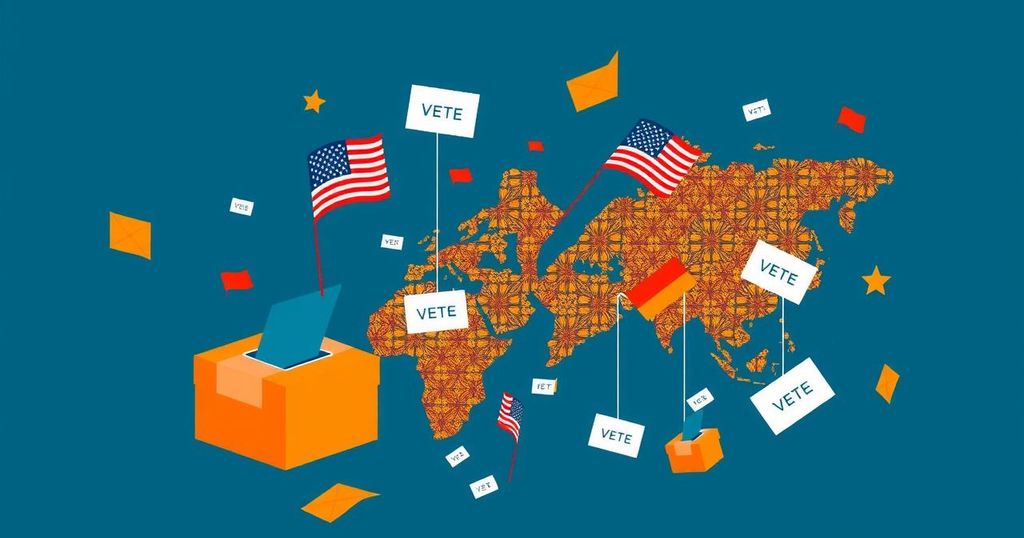The article discusses the emotional turmoil experienced during election seasons and emphasizes the importance of maintaining perspective. It argues that while elections are important, much of what affects our lives arises from areas outside the political realm, advocating for proactive engagement in meaningful actions instead of fixating on election results.
Navigating election season can be a challenging experience, particularly in light of the incessant stream of distressing news, unexpected developments, and controversies that often define this time. Many individuals, especially those residing in areas with little perceived influence over electoral outcomes, may feel a sense of powerlessness as elections with significant implications approach. In these moments of anxiety, it is imperative to remember the broader context and maintain perspective on the role of elections in shaping our lives. It is undeniable that election results can have profound consequences; the contrasting views of candidates on critical issues—from foreign policy to social justice—carry weight. Yet, it is equally crucial to recognize that many significant factors affecting our daily existence do not hinge solely on electoral outcomes. Issues such as public health advancements, technological progress, and social change often unfold independently of the political arena. Historical examples demonstrate that essential advancements often occur despite political circumstances. Innovations such as antibiotics, vaccinations, and the expansion of the internet have profoundly transformed society without direct reference in political campaigns. Similarly, individual actions and initiatives may drive substantial progress in ways that electoral politics cannot. The discourse surrounding candidates often emphasizes contentious issues, but the real catalysts for change frequently remain peripheral. For instance, advancements in solar energy—regardless of political debates—have made significant strides in combating climate change, illustrating that change can occur outside of political frameworks. In contemplating the legacy of political figures, it becomes evident that the impact of their policies may paradoxically contrast their controversial decisions. Notably, George W. Bush’s initiative, PEPFAR, significantly improved global health, saving countless lives amidst a politically tumultuous environment. Such instances highlight the potential for meaningful change to emerge from various sectors, illustrating the value of dedication to neglected causes. Therefore, as one navigates the turbulence of election season, it is vital to maintain focus on impactful actions that extend beyond the immediate electoral context. Individuals are encouraged to engage in meaningful work that addresses pressing societal issues, rather than becoming mired in the fluctuations of polling data. By redirecting attention toward tangible actions that contribute to the common good, individuals can reclaim a sense of agency in a world where political outcomes often feel overwhelming and unpredictable. In conclusion, while elections undoubtedly bear significant weight in shaping society, they represent only one of many avenues through which individuals can effect change. By recognizing the power of personal agency and focusing on actionable solutions to pressing problems, individuals can foster a more fulfilling engagement with the world around them, irrespective of electoral outcomes.
Election seasons often induce a sense of stress and anxiety among individuals. This phenomenon is characterized by a barrage of negative news, tight polling results, and feelings of helplessness, particularly among those from regions perceived to have less influence, such as California. Despite the critical nature of electoral results, it is essential to contextualize them within a broader framework of societal change, where numerous factors impact individual lives beyond the political arena.
Ultimately, elections are significant, yet they are just one piece of a larger puzzle. Many pivotal developments in society occur outside the electoral process, and individuals possess the capacity to influence change through personal initiatives. Emphasizing proactive engagement in meaningful work rather than solely focusing on electoral outcomes empowers individuals and ultimately contributes to positive societal transformation.
Original Source: www.vox.com






